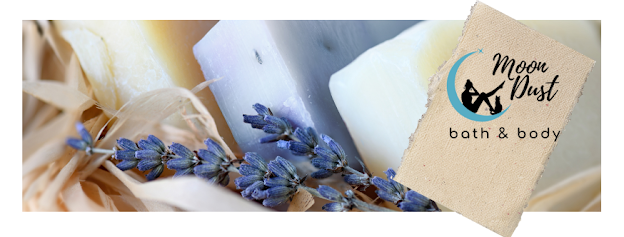The Benefits of Vitamin A for Healthy Skin
Vitamin A is derived from two sources: retinoids (such as retinol) found in animal-based foods such as liver, eggs, and dairy products; and carotenoids (such as beta-carotene) found in dark leafy greens and carrots. Carotenoids are converted into retinol by the body, while vitamin A is stored in the liver to maintain healthy blood levels.
This essential vitamin plays a vital role in vision by assisting in the transfer of light into nerve signals. It also supports cell growth and bone development, and aids in the process of stem cell differentiation. Vitamin A promotes healthy skin, normalising blood flow, reducing the symptoms of Rosacea, and increasing the rate of wound healing while treating acne scarring. It also exfoliates, repairs the cellular structure of the epidermis, and optimizes UV protection. Vitamin A decreases clustering of melanin granules, reducing brown spots or pigmentation, and decreases sebum production, making it an excellent treatment for acne.
Moreover, it promotes a healthy cellular membrane, improves hydration both inside and outside the cell, and helps in the eradication of pre-cancerous skin lesions. By doing all of the above, Vitamin A decreases wrinkles, making it a powerful weapon in the fight against aging.
Beta-carotene, responsible for the bright and distinctive colours of red, yellow, and orange fruits and vegetables, is commonly found in most foods and multivitamins. The name beta-carotene is derived from the Latin word for carrot, as they contain the highest level of total carotenoids, especially beta-carotene, which can be converted to vitamin A.


Comments
Post a Comment